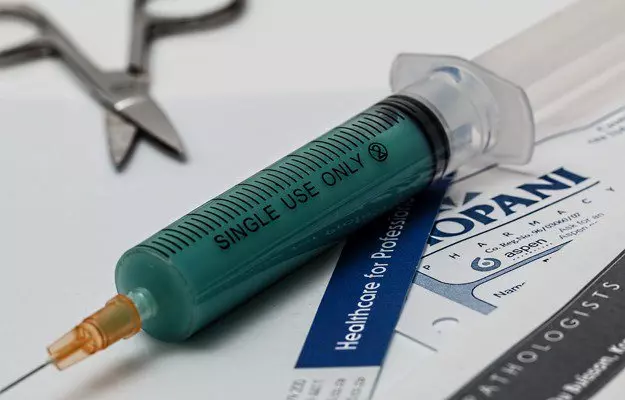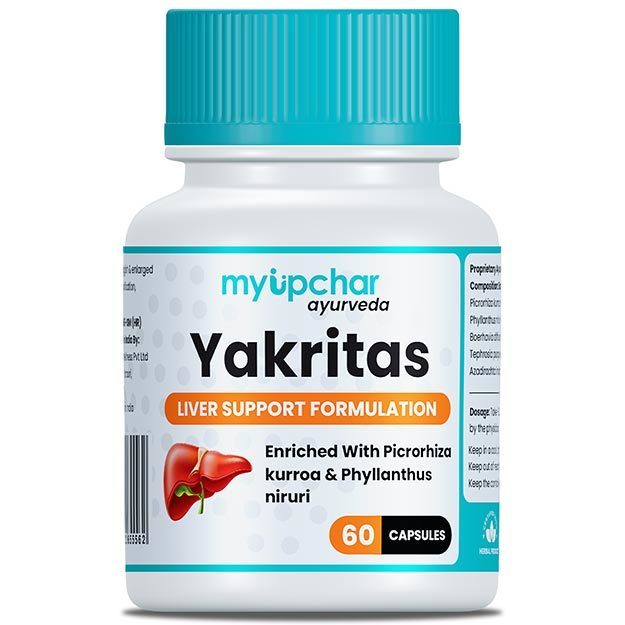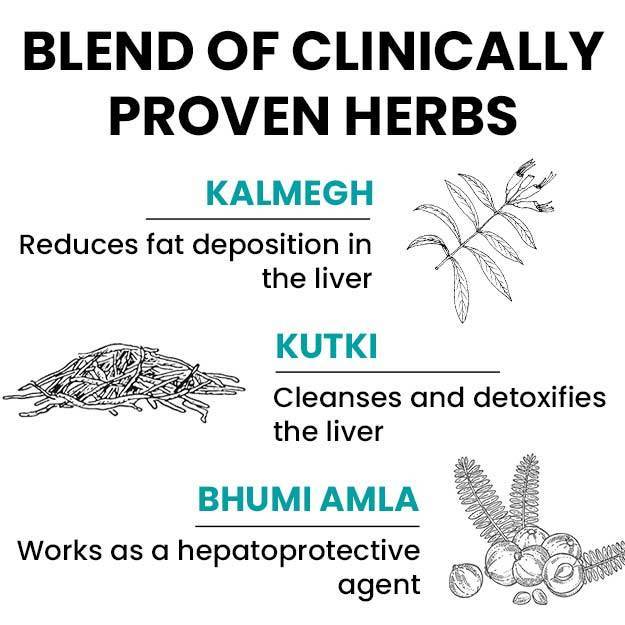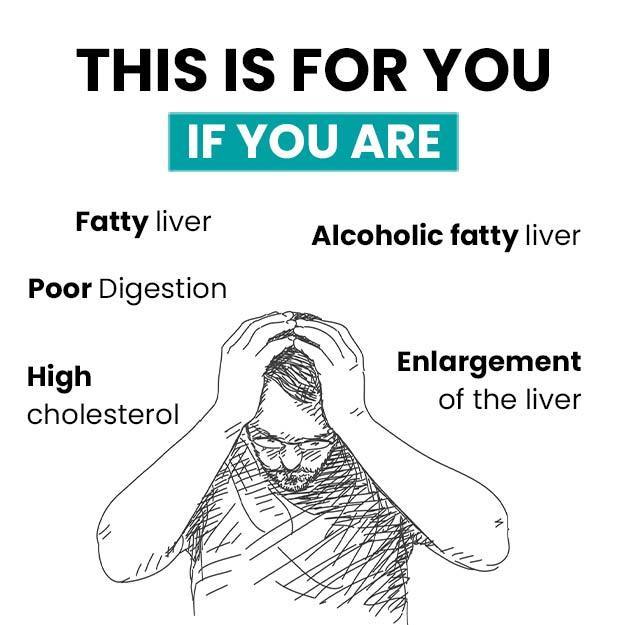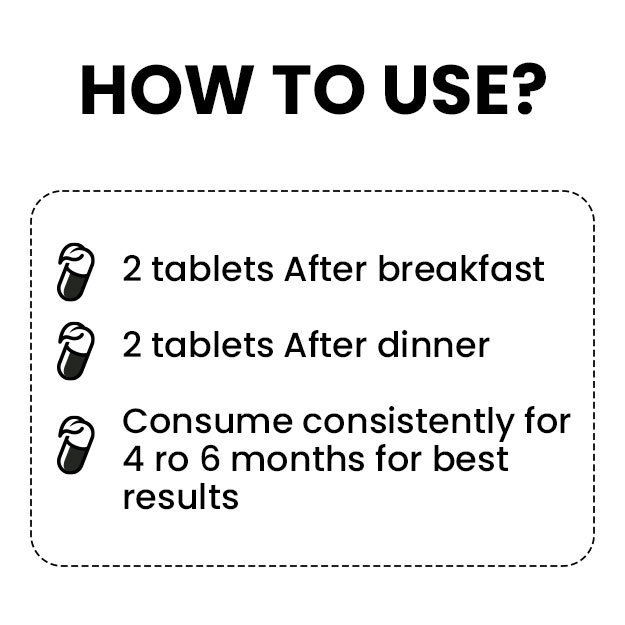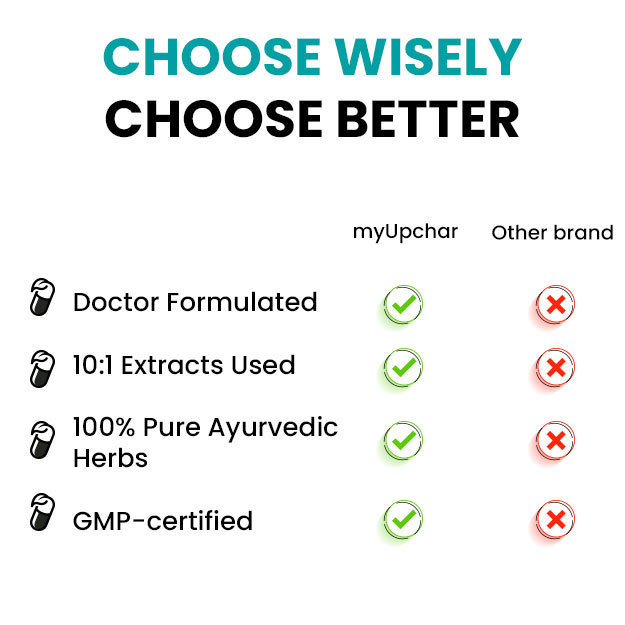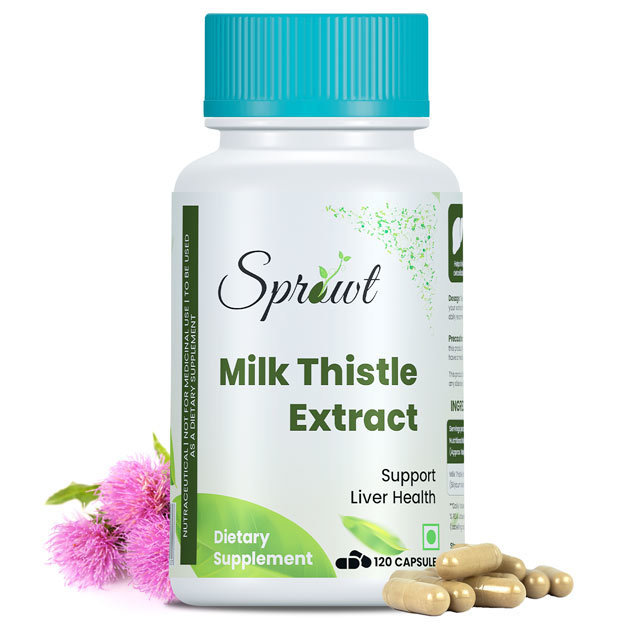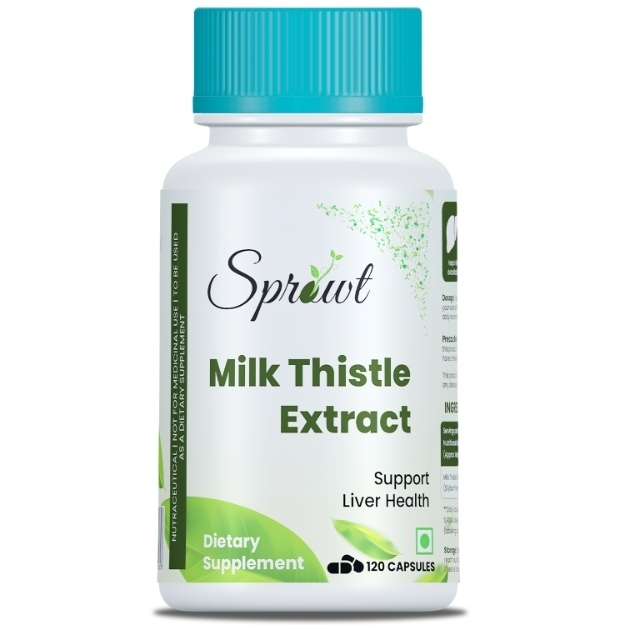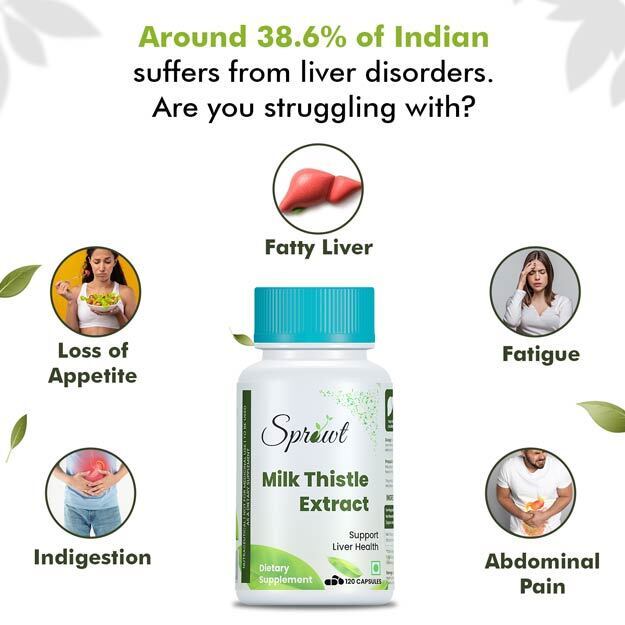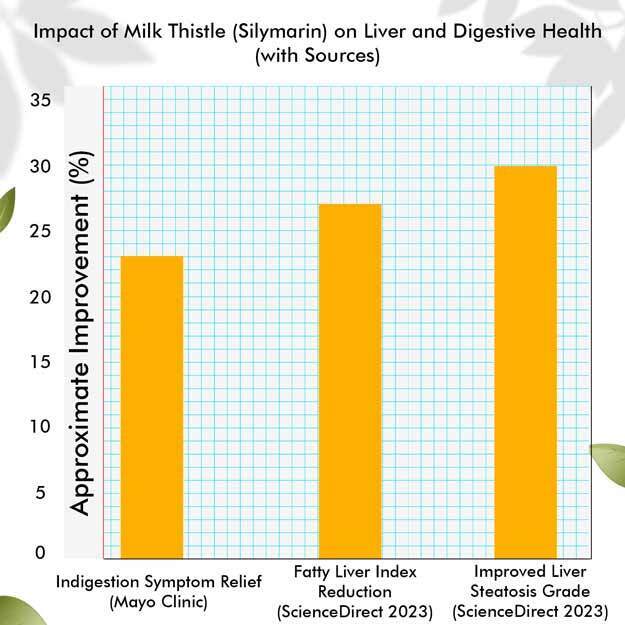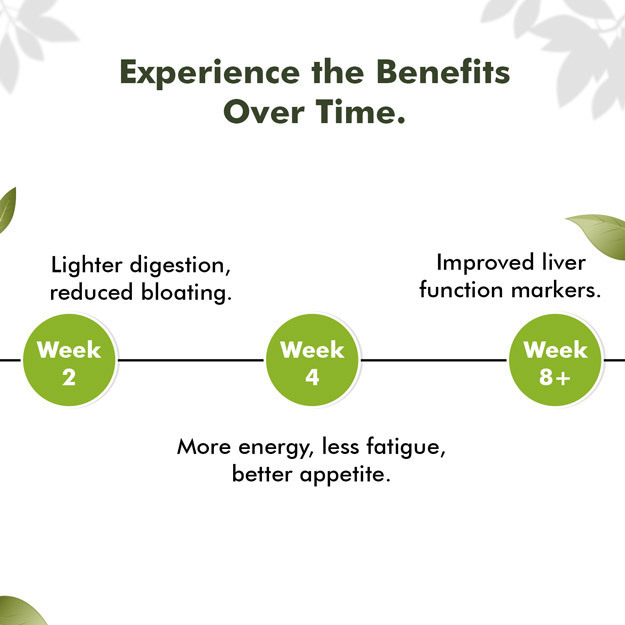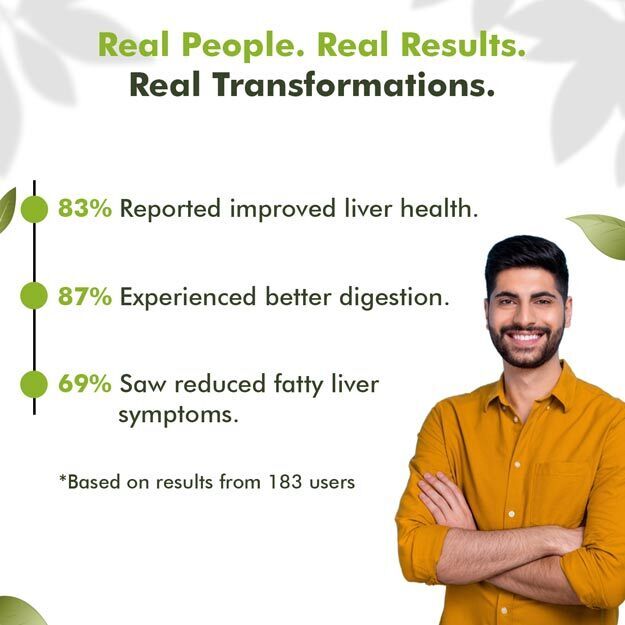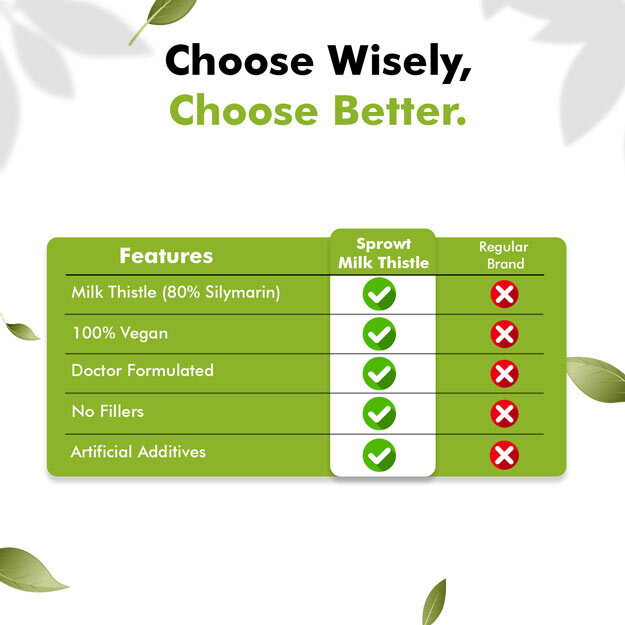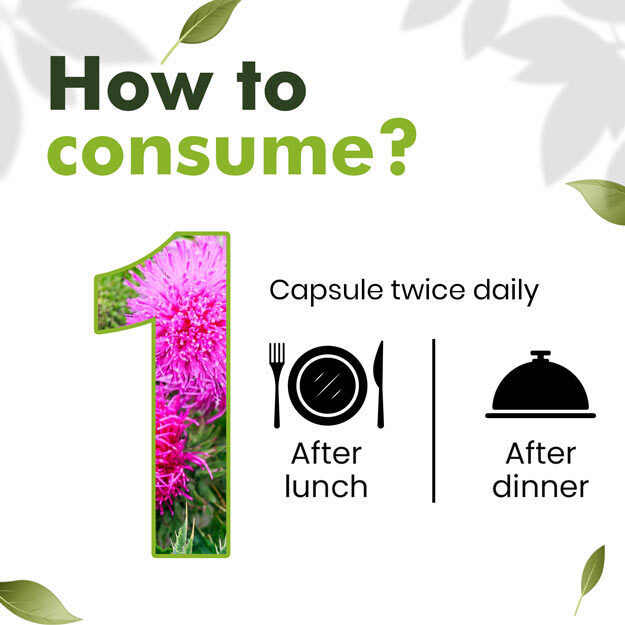Various medicines and vaccines are used to protect children and adults from the disease. Like other diseases, children and adults are also at risk of getting hepatitis A. It is a serious liver disease, which spreads due to hepatitis A virus. This virus is present in the stool of a person suffering from hepatitis A and this virus becomes the main reason for infecting other people. Hepatitis A vaccine is administered to protect infants, children and adults from this serious disease.
In this article, you have been told in detail about hepatitis A vaccine. Along with this, an attempt has been made to explain in detail what is hepatitis A vaccine, hepatitis A vaccine dosage, hepatitis A vaccine price, hepatitis A vaccine side effects and who should not be given hepatitis A vaccine.
(Read more - Diet for hepatitis a patient)
- What is hepatitis A vaccine?
- Dosage Of Hepatitis A Vaccine
- Side Effects Of Hepatitis A Vaccine
- Who Should Not Get Hepatitis A Vaccine?
- Summary
What is hepatitis A vaccine?
Hepatitis A vaccine is given to prevent hepatitis A virus. Hepatitis A is a serious infectious disease of the liver, which is caused by the hepatitis A virus. Hepatitis A causes inflammation in the liver and affects the liver functioning ability of the infected person.
Contaminated food, contaminated water and close contact with an infected person increases the risk of getting hepatitis A. In simple cases of hepatitis A, no special treatment is required and most people recover without any liver problems. But in many cases, if there are severe symptoms, then the person may have liver failure or even death.
(Read more - Hepatitis A Test)
If a person has hepatitis A, then he may have the following symptoms….
- Fever
- Feeling tired
- Upset stomach
- Vomiting
- Loss of appetite
- Dark or clay-coloured stools
- Joint pain
- Stomach ache
- Jaundice (yellowing of skin and eyes)
Generally, these symptoms last for less than two months, but in some cases, these symptoms are seen in the patient for up to 6 months.
The following are the main causes of hepatitis A in adults.
- Having sex with a person infected with hepatitis A
- Pre-existing liver disease
- Working in a lab
- Traveling to a place where there is a high possibility of hepatitis A.
Vaccine is considered to be the best way to prevent this disease. There are two types of vaccines that provide protection against hepatitis A. The first is the “Hepatitis A Vaccine” which provides protection to infants, children and adults. While the second is the “Hepatitis A and B Combination Vaccine” which protects adults only against hepatitis A and hepatitis B.
(Read more - Viral Hepatitis)
Dosage Of Hepatitis A Vaccine
Hepatitis A vaccine is given to both infants and adults. Infants and adults are given two doses of this vaccine. The injection of this vaccine is given in the upper part of the arm. About which details are given below.
Dose of Hepatitis A vaccine given to infants
- First dose: 0.5 ml is given to the infant between the age of 12 months to 23 months.
- Second dose: 0.5 ml is given to the infant between the age of 2 to 4 years. (Can be given anytime between 6 to 18 months after the first dose)
Dose of Hepatitis A vaccine given to adults
- Adults are given two doses of the vaccine, in which each dose is given in 1.0 ml quantity. After taking the first dose of the vaccine, the person has to take the second dose within 6 to 18 months.
- A person going on a trip should take the vaccine about two weeks before the trip.
(Read more - Autoimmune Hepatitis)
Side Effects Of Hepatitis A Vaccine
The hepatitis A vaccine is generally safe and works effectively to prevent hepatitis A. But like other vaccines, the chances of side effects are also quite high, but serious side effects from this vaccine occur in very few cases. Generally, the side effects of hepatitis A vaccine are very mild, which get cured on their own within a few days. The side effects of hepatitis vaccine are described in detail below.
- Swelling and redness at the site of injection.
- Fever
- Headache
- Fatigue
- Dizziness
- Nausea
- Vomiting
- Diarrhea
- Stomach ache
- Loss of appetite
- Joint pain
- Sore throat
Some common problems after taking the injection-
- Some people start feeling faint after the injection.
- Some people feel pain in the shoulder after getting the injection. In such a situation, the person feels pain in his shoulder for a long time.
- In very rare cases, the vaccine can cause an allergic reaction to the person. This can happen a few minutes or a few hours after taking the vaccine.
(Read more: Liver Infection)
Who Should Not Get Hepatitis A Vaccine?
Hepatitis A vaccine is not recommended in certain circumstances. Due to any disease or other health condition, doctors do not consider it appropriate to give this vaccine to infants, adults and the elderly. Let us know further who should not get Hepatitis A vaccine.
- If a person or child has a fatal allergy to the previous dose of Hepatitis A vaccine or has an allergy at the site of injection, then no one should take the vaccine again.
- People who have mild or severe illness should wait until they recover before taking the dose of this vaccine.
- People who have any kind of serious allergy to the element present in the Hepatitis A vaccine should not take this vaccine.
- If there is an allergy before taking the vaccine, then you should talk to your doctor.
- People whose immunity is very weak do not get the full benefits of Hepatitis A vaccine.
- The medicines given to cancer patients also affect immunity, so a person should consult his doctor before taking the hepatitis A vaccine.
- There are no facts that tell that a pregnant woman should take the hepatitis A vaccine. However, a woman can take the hepatitis vaccine during pregnancy only if it is not harmful to the fetus. During this time, it is important to consult a doctor before taking the vaccine.
- Breastfeeding women should not take the hepatitis A vaccine. At present, there are no facts available on whether the elements of hepatitis A vaccine come into the milk of a breastfeeding woman or not, but the companies manufacturing the vaccine do not consider it appropriate for a breastfeeding woman to take the vaccine.
(Read more - Liver Disease)
Summary
The purpose of the hepatitis A vaccine is to prevent this viral infection, which spreads mainly through contaminated food and water. The hepatitis A virus affects the liver and symptoms can include fever, fatigue, abdominal pain, and jaundice. The most effective way to prevent this infection is vaccination. The hepatitis A vaccine is usually given in two doses, which provides long-term protection against infection. This vaccine is especially important for people who travel to high-risk areas or who may have contact with infected individuals.

